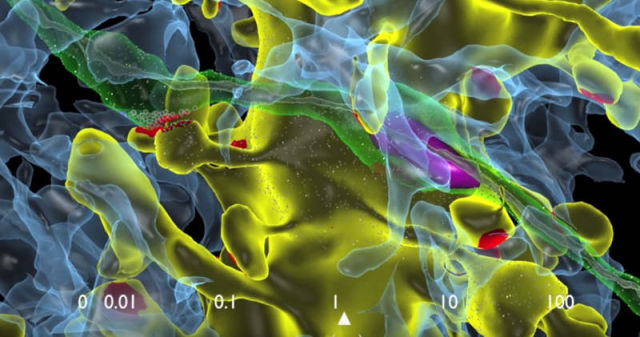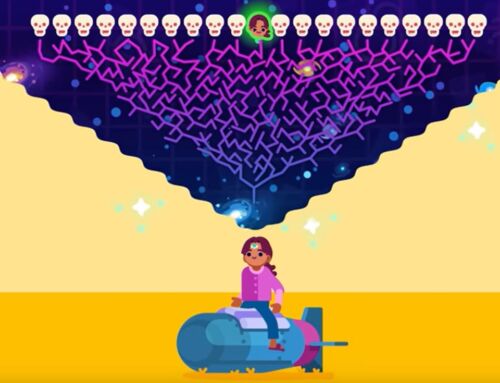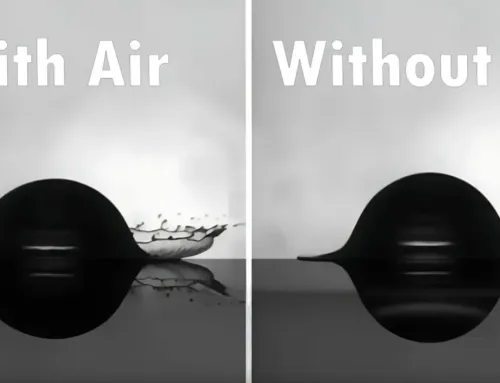Scientists find out that brain’s memory capacity is 10 times higher than previously thought. Watch the video…
Salk researchers and collaborators have achieved critical insight into the size of neural connections, putting the memory capacity of the brain far higher than common estimates.
Our brain can store 4.7 billion books, 10 times more than originally thought.
Salk scientists computationally reconstructed brain tissue in the hippocampus to study the sizes of connections (synapses).
The larger the synapse, the more likely the neuron will send a signal to a neighboring neuron. The team found that there are actually 26 discrete sizes that can change over a span of a few minutes, meaning that the brain has a far great capacity at storing information than previous thought.
Terry Sejnowski, Salk professor and co-senior author of the paper, which was published in eLife, said:
“This is a real bombshell in the field of neuroscience. We discovered the key to unlocking the design principle for how hippocampal neurons function with low energy but high computation power. Our new measurements of the brain’s memory capacity increase conservative estimates by a factor of 10 to at least a petabyte, in the same ballpark as the World Wide Web.”
Our memories and thoughts are the result of patterns of electrical and chemical activity in the brain. A key part of the activity happens when branches of neurons, much like electrical wire, interact at certain junctions, known as synapses. An output ‘wire’ (an axon) from one neuron connects to an input ‘wire’ (a dendrite) of a second neuron. Signals travel across the synapse as chemicals called neurotransmitters to tell the receiving neuron whether to convey an electrical signal to other neurons. Each neuron can have thousands of these synapses with thousands of other neurons.
The new work also answers a longstanding question as to how the brain is so energy efficient and could help engineers build computers that are incredibly powerful but also conserve energy.
Tom Bartol, a Salk staff scientist,explains:
“Our data suggests there are 10 times more discrete sizes of synapses than previously thought. In computer terms, 26 sizes of synapses correspond to about 4.7 “bits” of information. Previously, it was thought that the brain was capable of just one to two bits for short and long memory storage in the hippocampus.”
source Salk






Leave A Comment